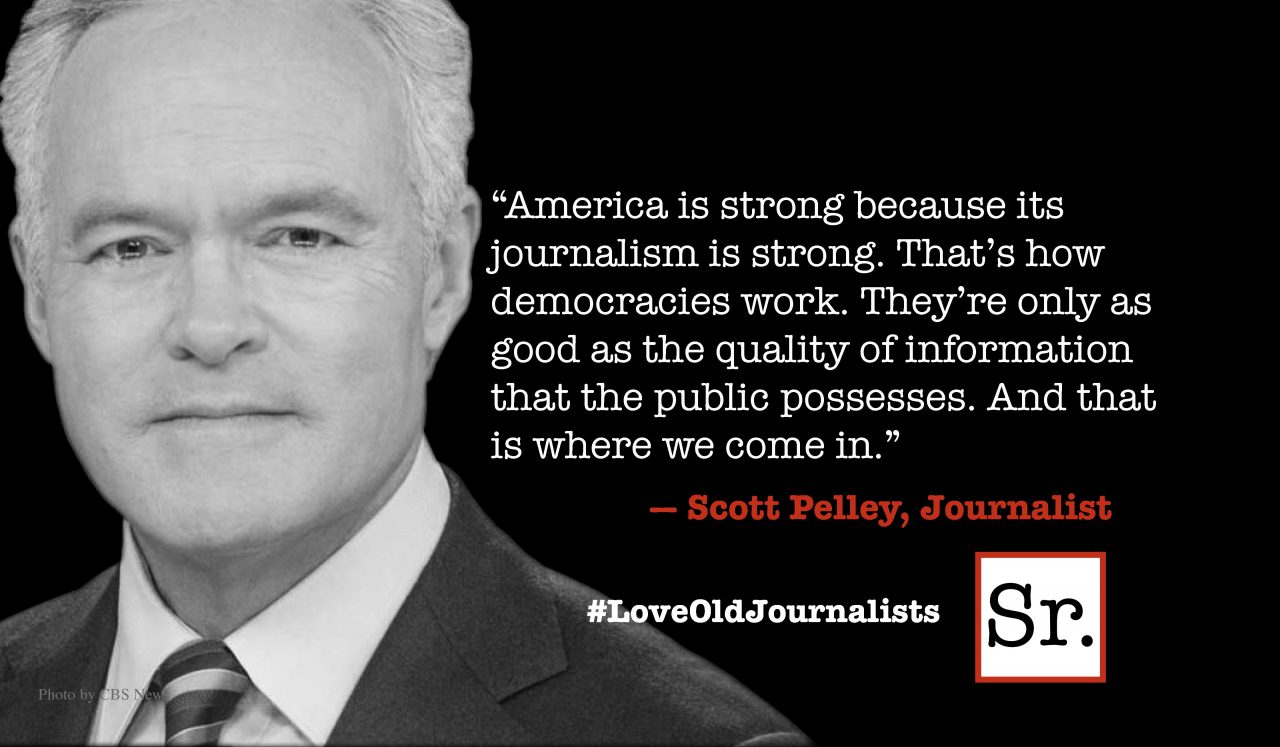What does an employer want to hear when they ask “tell me about yourself” at the beginning of an interview? For many people, the thought of trying to figure out the correct response sends cold shivers down their spines. They think, say the wrong thing and the interview is over before it has really begun.
I equate “tell me about yourself” to the opening gambit in a chess game. A gambit (from ancient Italian gambetto, meaning "to trip") is a chess opening in which a player sacrifices material, usually a pawn, with the hope of achieving a resulting advantageous position. The Oxford English dictionary defines opening gambit as an introductory remark or stratagem especially one designed to secure one’s own position. Instead of quaking when asked, I encourage my clients to think of this as an advantage that the interviewer has given you at the beginning of the “interview game”.
Here is one way to think about your response. When you wrote your resume you started with the present and worked backwards in reverse chronological order to your earlier positions. However, when you respond to “tell me about yourself” you want to give a very brief description of your past work history and education, if it is relevant to the position, and the skills you acquired. Next, you want to talk about your most recent experience. Finish with why you know (notice I didn’t say “feel”) you are a good candidate for the position with the company. Of course, you must practice this opening before the interview because your answer must be succinct and to the point to keep the interviewer’s interest. At this stage, beware of information overload. You will have time as the interview progresses to fill in any gaps.
It is okay to tell a story. The hiring manager has already seen your resume so you don’t need to describe in detail what he/she has already read. Pamela Skillings, an adjunct professor at New York University and an instructor at the American Management Association suggests,” Don’t waste the opportunity by simply diving into a long recitation of your resume. This also isn’t the time to mention that you love flamenco dancing and bingo (yes, I have seen candidates ramble on about hobbies and personal preferences many times and it’s a surefire way to make a weak first impression). Instead, try a concise, enthusiastic response that summarizes your big-picture fit for the job. This is a good opportunity to share some information about your proudest achievements and goals.”
Another technique you can use is to end your answer with a question. Asking a question stops this from being a one-sided recitation. A good interview is a dialogue, not a monologue. After you’ve given what you deem to be a sufficiently detailed reply, pause and ask “Would you like me to elaborate on anything from my previous experience?” Since this could be answered with a simple “no” you can also rephrase the question to a more open-ended “Which of my previous experiences would you like me to elaborate on?” And, if you are feeling brave and have done your homework, you can put on your consultant’s hat and ask a question that demonstrates that your research has identified a potential problem to be solved or challenge to be met at the company and that you are there to be part of the solution.
Organize your thoughts. Prepare in advance. Enjoy the chance to put your best foot forward. Remember that “tell me about yourself” gives you the perfect opening to start demonstrating that you can add value to an organization.









